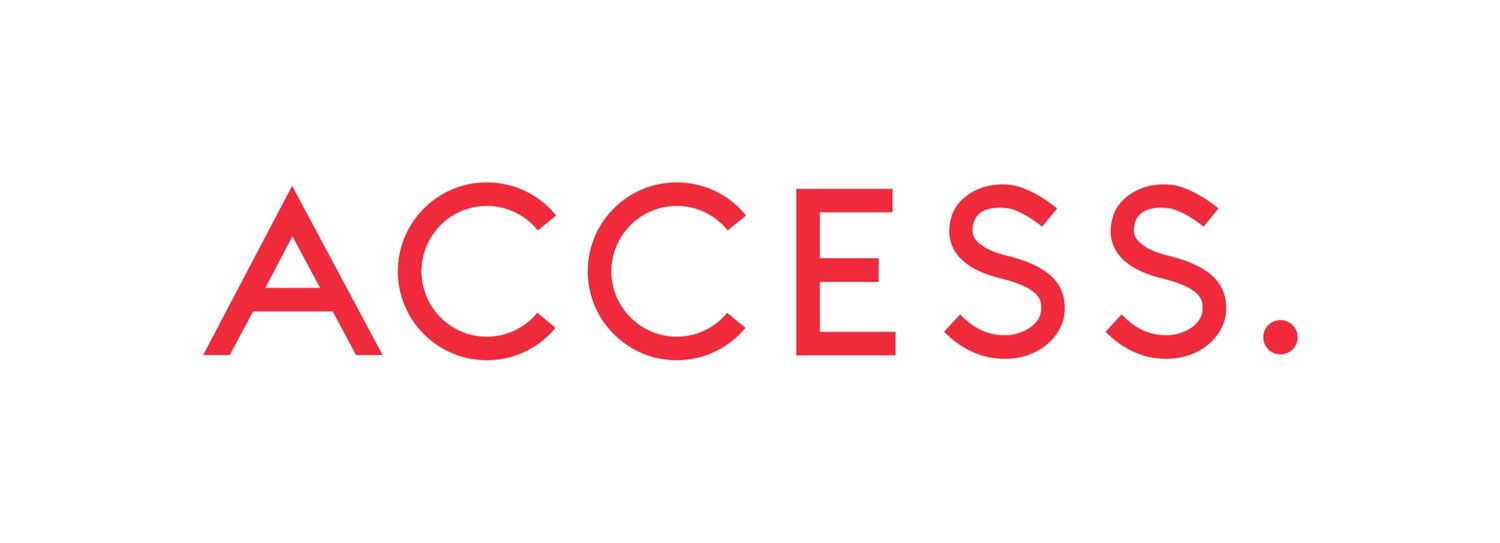Grade 11 student Costello Arbuckle worked with Access Planning for a week in late February as part of an experiential learning component of his high school program.
Senior Associate Brian Phillips mentored Costello, working with him to develop transit connection ideas for Granville Island in the heart of the City of Vancouver. This work is close to home for the Vancouver Access Planning team. We recently started doing some thinking about how Granville Island can transform access for residents and visitors to advance its vision for 2050.
Getting to Granville Island, especially from Downtown Vancouver, can take some time and effort if walking, biking, or using transit – it involves crossing a bridge that goes over the island rather than directly to it, increasing the total travel time and distance of the trip. Costello was challenged to look for ways to improve Granville Island’s connectivity, making it easier to access the Island without a car.
After some direction from Brian, Costello brainstormed and designed ideas for alternative modes of transport and connections to the island, leading with a gondola concept transporting visitors over False Creek. Over the course of the week, Costello explored the island on foot, conducted desktop research and developed and sketched ideas to improve connectivity to Granville Island. Costello attributes part of his interest in planning to playing city-building video games, which inspired him to look at city planning as ‘…a puzzle that has no wrong answers, just less wrong ones”.
In addition to getting youth interested in planning, this was also a chance for Access Planning to learn from one youth’s perspective. Costello’s work drew on physical site visits, Google Earth, online research, and his own experience as a Vancouverite.
Digging into a real-world challenge in his home city, Costello reported that he felt inspired to become a planner in the future. He believes that planning is more fun when one is unencumbered by restraints and boundaries, and that having that freedom when problem-solving leads to the creation of successful ideas. He described the work he did with Access as a mix of creative thinking and technical problem solving, and appreciates how planning work employs diverse skillsets.
Access is committed to providing positive impact, whether it’s shaping the way we move, teaching, mentoring or learning from the next generation of thinkers.
by Ahmed Abdul Aziz, Planning Analyst


